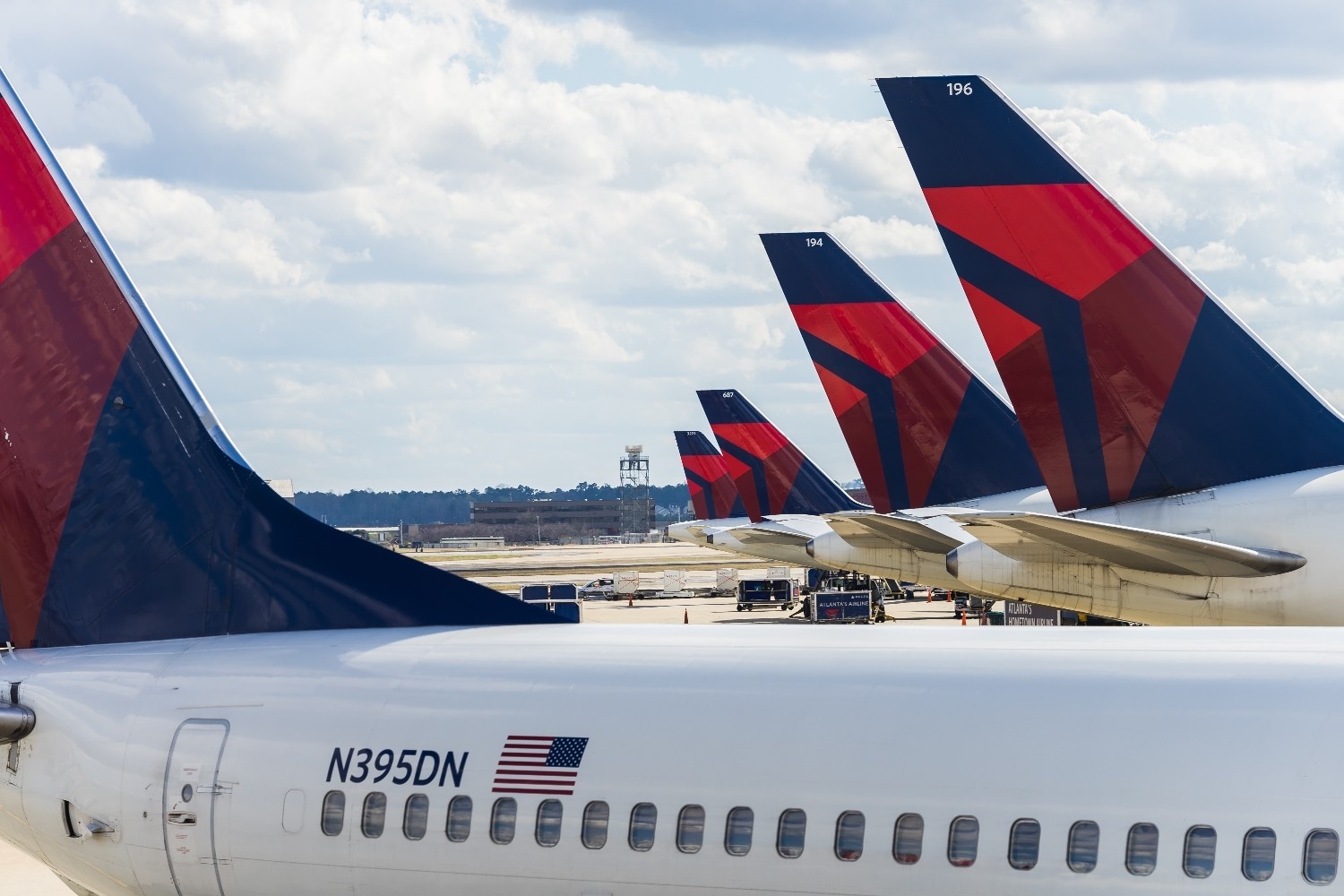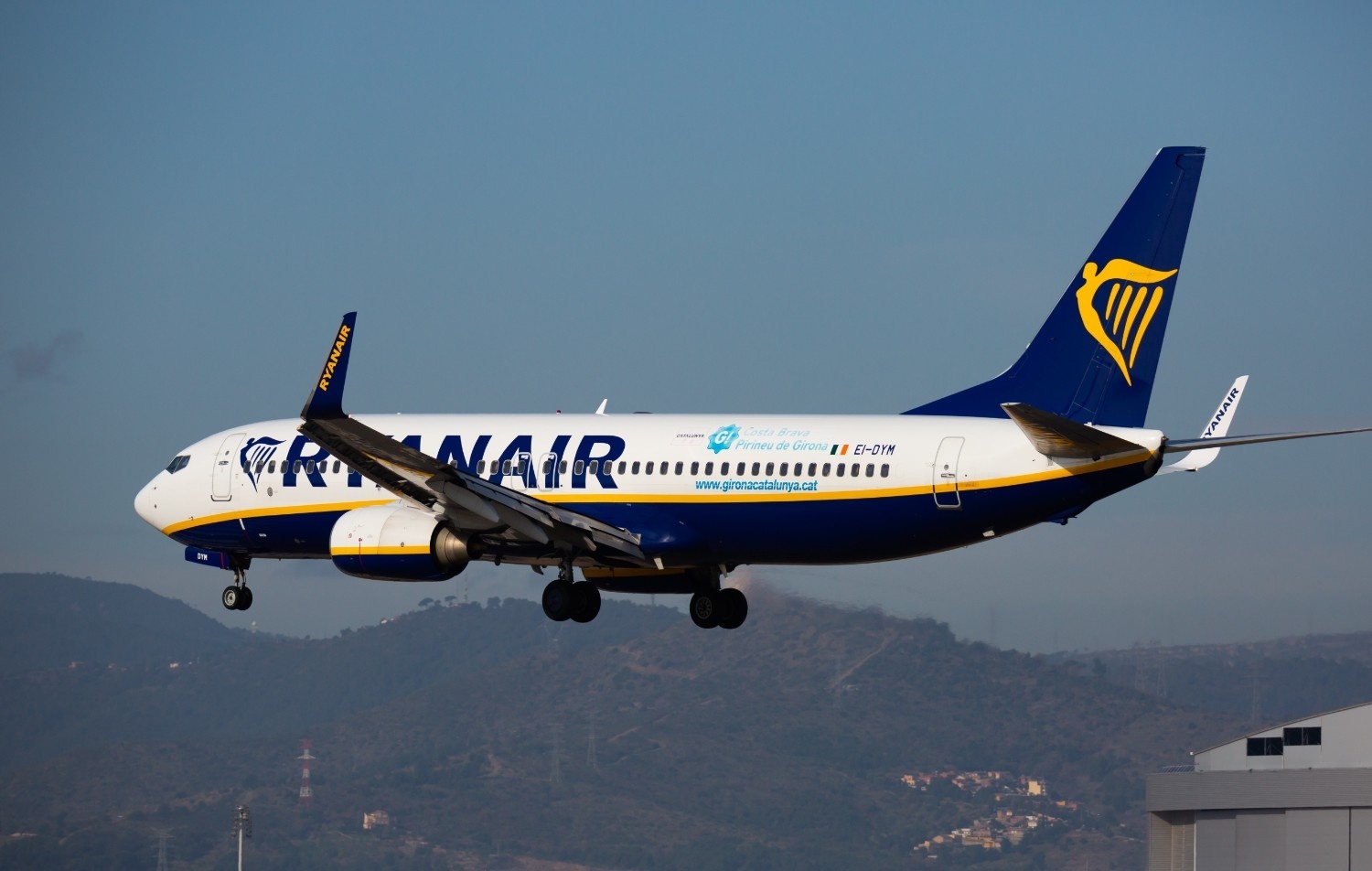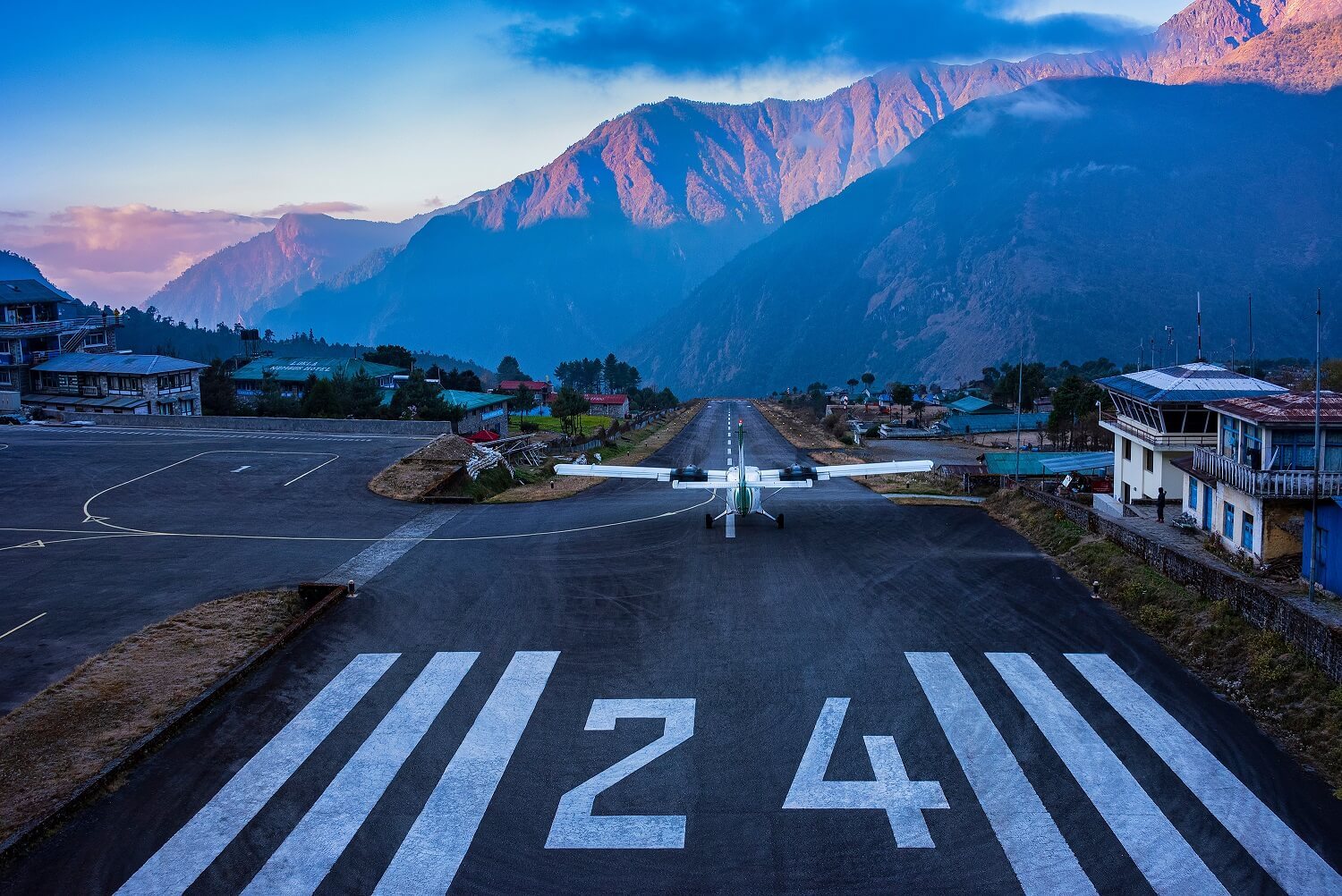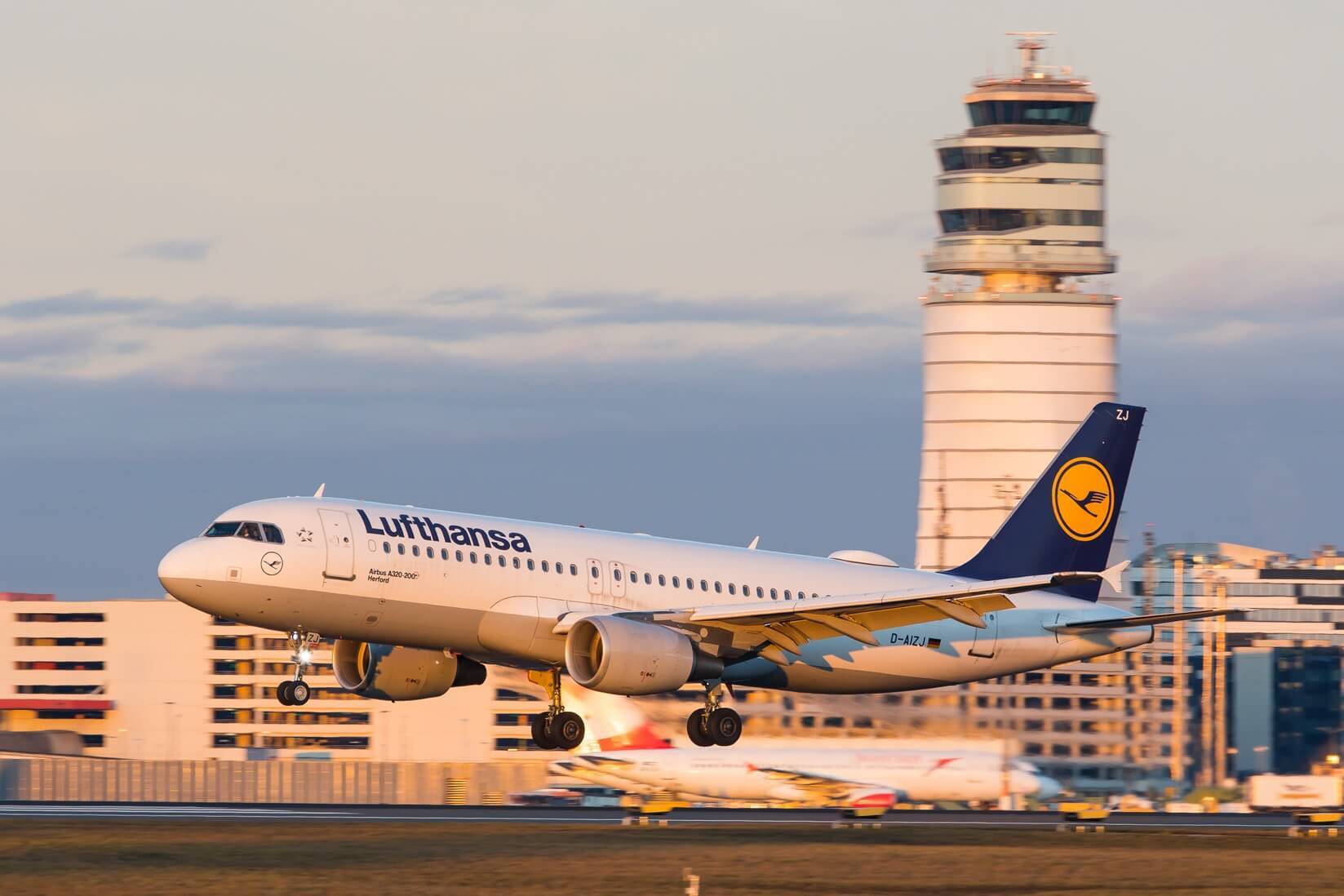Navigating the skies: Delta Air lines emergency landing

An unforeseen situation
In the realm of aviation, unpredictability can emerge at any moment, as demonstrated by the recent emergency landing of a Delta Air Lines Airbus A321. Flight 1192, traveling from New York's LaGuardia Airport to Atlanta's Hartsfield-Jackson International Airport, encountered an unexpected turn of events as it neared its destination.
A routine flight, a routine phenomenon
Reports have surfaced indicating that the aircraft might have been struck by lightning during its descent. Despite the severity of such an incident, it's essential to note that lightning strikes on aircraft are not uncommon occurrences. In fact, on average, commercial aircraft experience lightning strikes once or twice a year. While these occurrences may seem daunting, they typically pose minimal safety risks.
Swift action and safety protocol
Upon sensing the potential danger, the pilots promptly declared an emergency, initiating the standard Squawk 7700 code. This decisive action was in alignment with Delta Air Lines' rigorous safety protocols, ensuring the welfare of all onboard passengers and crew. Following the emergency declaration, the aircraft safely landed at its designated gate, allowing for a thorough inspection to assess any potential damages.
Amidst the turbulence caused by the suspected lightning strike, another unforeseen circumstance unfolded onboard. A passenger experienced a medical emergency, further complicating the situation. The convergence of these events underscores the critical role of trained personnel and stringent safety measures in managing in-flight emergencies effectively.
Weathering the storm
As Flight 1192 approached Atlanta, reports indicated the presence of thunderstorms in the vicinity. While adverse weather conditions can heighten the likelihood of lightning strikes, modern aircraft are designed to withstand such occurrences. Despite the challenges posed by inclement weather, the aircraft's robust construction and the crew's expertise ensured a safe landing for all onboard.
The successful resolution of this incident serves as a testament to the resilience of both the aircraft and the airline's operational procedures. Delta Air Lines' swift response, coupled with the professionalism of its crew, exemplifies the commitment to passenger safety that remains paramount in the aviation industry.
In the dynamic realm of aviation, unforeseen challenges can arise at any moment. However, it is the proactive measures taken by airlines like Delta Air Lines that ensure the safety and well-being of passengers and crew alike. As the industry continues to navigate through uncertain skies, incidents like the emergency landing of Flight 1192 serve as poignant reminders of the resilience and preparedness essential for safe air travel.
Latest posts
Ryanair goes paperless – What this means for your next flight
Ryanair ends paper boarding passes on Nov 12, 2025. Travelers must use the myRyanair app for check-in and boarding.
Flight delays and cancellations in August 2025
Check which flights were delayed in August 2025 – you may still be entitled to claim up to 600 € in compensation.
Flight delays and cancellations in July 2025
Check which flights were delayed in July 2025 – you may still be entitled to claim up to 600 € in compensation.












